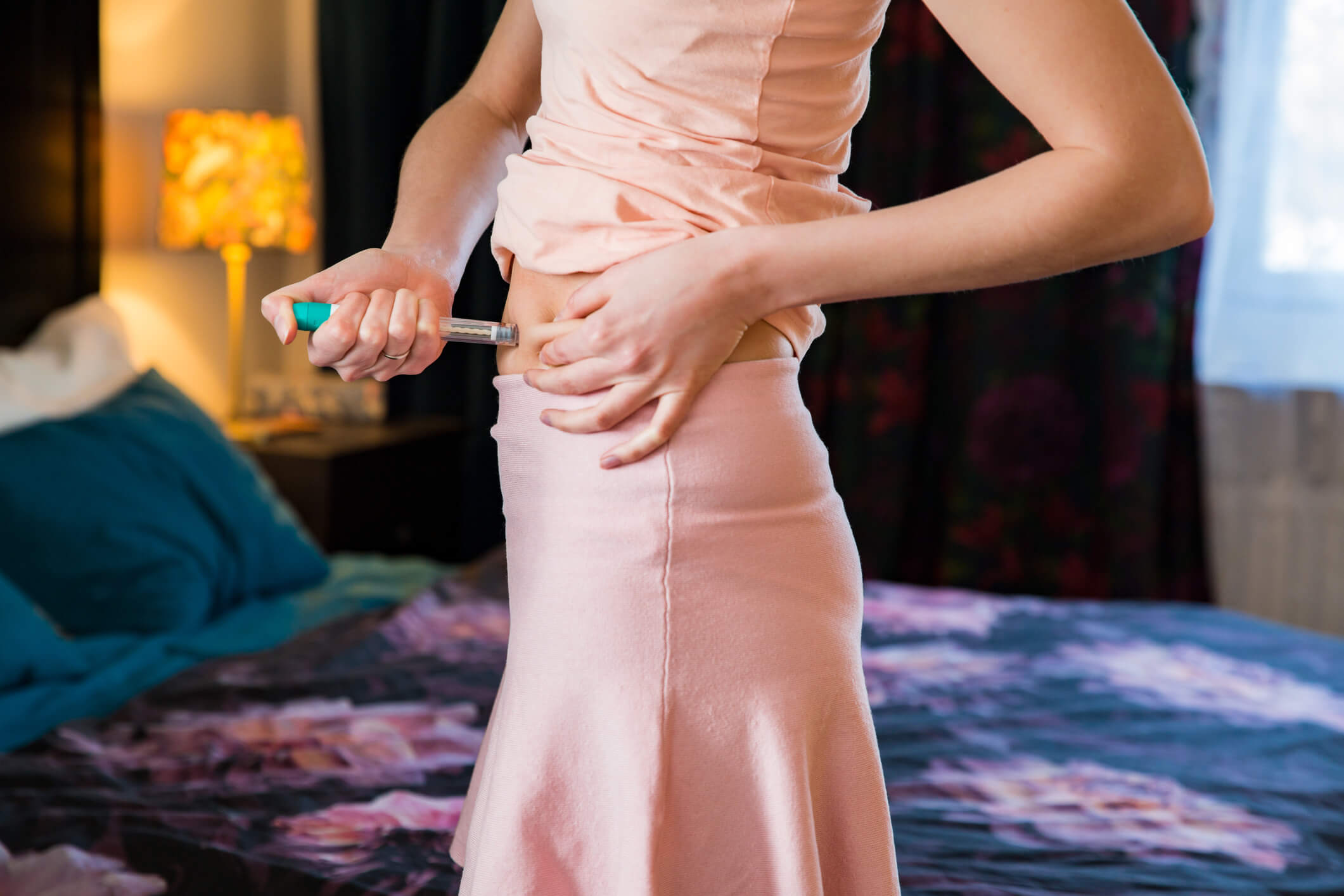How Does Egg Donation Work?
Once you are selected for an egg donor cycle, the length of your commitment can be as few as six weeks and as long as four months. The goal of our staff is to make your journey as enjoyable and fulfilling as possible.
At Egg Donation, Inc. we have the best relationships and work with the best Reproductive Endocrinologists across the nation who will work to ensure your safety and well-being during the egg donation process. Our program meets all of the standards and criteria set by the American Society for Reproductive Medicine, CDC and FDA.
Our initial egg donor application is very simple and confidential throughout the entire egg donation process. View our tips page to help your profile stand out and once you have been selected by a recipient, you can expect a traditional egg donor cycle to be broken into five steps.
5 Steps for a Egg Donation

Step 1
Initial Screening.
Congratulations! You have been selected! If you are a first-time donor (or a repeat donor who has not cycled in a while) you will have an initial screening visit to the doctor’s office.
More info
Steps 2 & 3
Medical Screening and Legal.
When your pre-testing results are optimal, and you have been psychologically cleared, the cycling doctor will want to meet you for the first time to conduct his own medical and genetic screening. Once medically cleared, you will start the legal process.
More infoSteps 4 & 5
Synchronization, Stimulation, and Egg Retrieval.
A medications calendar will be created for you by the doctor. As the contract has been signed, you will then be able to begin your medications, which will stimulate your ovaries to produce and grow the eggs. When the eggs are mature, you will return to the cycling doctor for the egg retrieval.
More InfoEgg Donor Ambassador
Laura
“Where do I even start with all of the praises I have for this wonderful agency? When I decided to join them in their quest to help create families, never did I imagine that I would hold such a big place for them in my heart.
The people of EDI, Inc. that I have worked with are compassionate, understanding, readily available to help at any time, and overflowing with the joy that they have for their profession. They serve as the middle man not only between the donor and recipient, but also between the donor and hospital/nurses/doctors. Needless to say, the middle man is one of the most important parts of this process. Choosing the right agency will make or break the cycle!
Every aspect of this company exudes professionalism. One of the main qualities that I look for in anyone is timeliness. I am extremely prompt, and I expect the same in return.
EDI has always been very punctual with every aspect of the egg donation process, which I view as a very professional quality. EDI has some of the most amazing staff members. I spoke with several agencies before I decided who I wanted to work with and an agency or two even contacted me after doing my first cycle. That said, I would never, ever work with anyone else. I have had a 100% positive experience and would not trade it for anything in the world.
Thank you, EDI, for making the whole process such a blessing in my life!”
Frequently Asked Questions
How Many Times Can I Donate?
Reputable egg donation programs will follow the guidelines for egg donors that are set by the American Society for Reproductive Medicine (ASRM) and the State Health Department. The ASRM guidelines recommend egg donors donate no more than six times.
Does Donating Eggs Hurt?
When starting the stimulation phase, some of our donors have reported feeling tired and bloated—symptoms similar to PMS—while other donors have had little to no side effects. It is good to note that these symptoms are temporary and will go away.
How old do you have to be to donate eggs?
Guidelines set by the American Society for Reproductive Medicine (ASRM) recommend egg donors should be their state’s age of legal majority and preferably be between the ages of 21 and 34. We have found that the best egg donors tend to be between 21-29 years old, have graduated college, and have regular periods.
How much do you get paid for donating eggs?
Along with the appreciation and gratitude from intended parents, egg donors are given a financial compensation for fulfilling their donor responsibilities—compensation rewards donors for their time, effort, and dedication. In general, the egg donation compensation ranges from $6,500 to $30,000.


